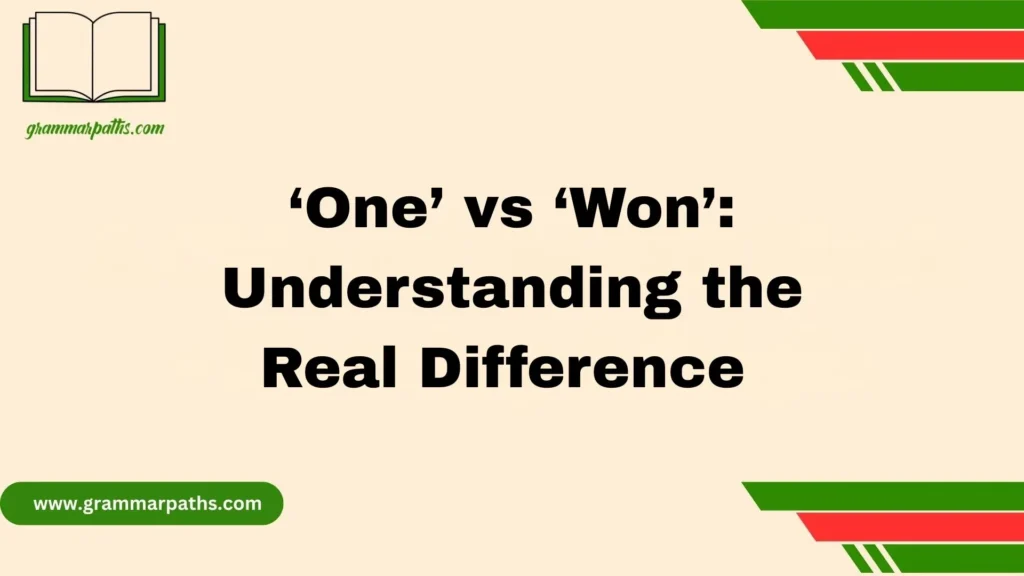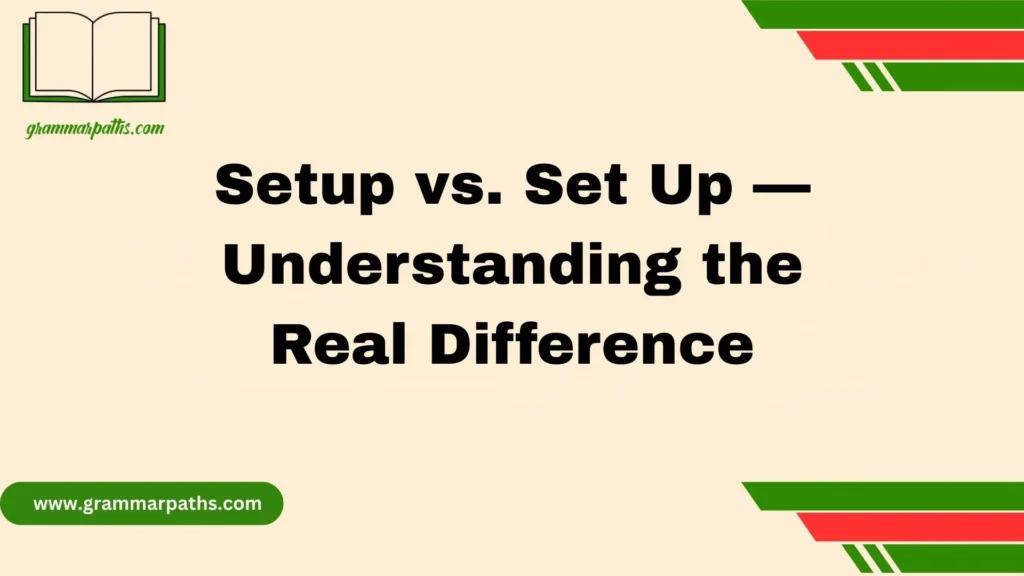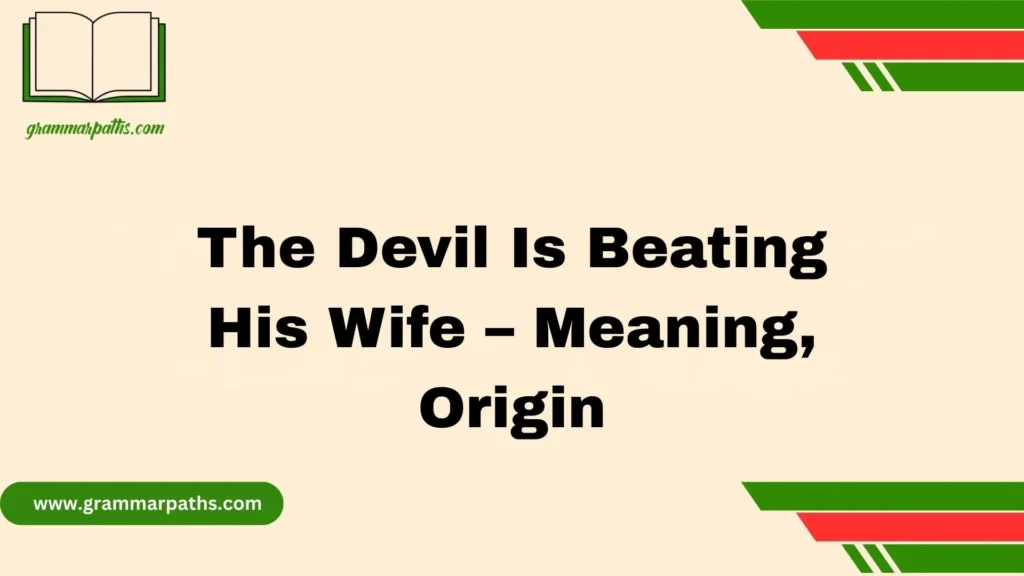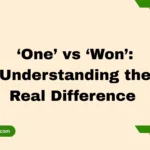There is something almost magical about how language helps us communicate not just words but also spirit, status, and style. The phrase gussied up carries more than the thought of choosing an outfit; it is about stepping into confidence and feeling alive. I remember weddings and dances from my teenage days, where friends would pick clothes with a touch of sparkle or a few sequins. For us, that phrase was like a warm-up before the grand entrance, signaling to everyone that we had added a little flair, some finesse, and even a hint of flamboyant energy. A quick wink in the mirror felt like a prelude to the special moment, and the idiom became a vivid expression of our self and style.
Looking at its origins, the act of dressing with intention has always tied to fashion and appearances, but it also carries color and elegance into ordinary life. Over the years, people have used these words in ways that feel bold, sometimes even unapologetically so, showing how stylish and expressive one can be. To me, getting gussied up is about owning that presence in the world, taking what could be plain and transforming it into something that truly reflects who we are.
What Does “Gussied Up” Mean?
At its core, “gussied up” means to dress in fancy or elaborate clothing, often for a special occasion. It usually suggests extra effort beyond everyday attire. The phrase often carries a light, playful tone rather than being purely serious.
Key Features of the Idiom:
- Tone: Playful, affectionate, sometimes slightly mocking.
- Usage: Informal but widely understood in both spoken and written English.
- Connotation: Positive in most cases, though it can sometimes imply over-the-top or unnecessary dressing.
Examples in Sentences:
- “He got all gussied up for his first date, wearing a suit he hadn’t touched in years.”
- “Why are you so gussied up? Is there something special going on?”
- “She was gussied up like a movie star at the reunion.”
In short, the idiom paints a vivid picture of transformation through clothing or appearance.
Tracing the Origins of “Gussied Up”
The idiom is believed to have originated in American English during the early 20th century. While pinning down the exact first use is tricky, most linguistic records trace “gussy” as slang for “dress up” or “embellish” back to the 1930s–1940s.
Possible Roots:
- Name association: “Gussy” was used as a nickname for Augustus. In the 19th century, the name carried connotations of vanity or fussiness, which may have influenced the idiom.
- Slang connection: By the early 1900s, “to gussy up” meant to make oneself look smart or stylish.
Early Appearances:
- 1930s American newspapers often used the phrase to describe men and women dressing up for social gatherings.
- In military slang during World War II, soldiers sometimes used “gussied up” when joking about wearing clean uniforms or looking sharper than usual.
So while the idiom may feel timeless today, it’s firmly rooted in American slang of the 20th century.
The Cultural Evolution of the Idiom
When “gussied up” first appeared, it was a slang expression tied to vanity, grooming, and social display. Over time, it shed its narrower associations and became a lighthearted, mainstream idiom.
Shifts Over the Decades:
- 1930s–1940s: Primarily used in American slang for dressing up.
- 1950s–1960s: Appeared in literature, newspapers, and films—broadening into common speech.
- 1970s onward: Seen as playful, affectionate, and widely understood in both casual and semi-formal contexts.
Gendered Associations:
Originally, “gussied up” often described women dressing elaborately. But by mid-century, men too were described this way, especially in humorous or ironic tones. Today, it applies equally to anyone who makes an extra effort in appearance.
Geographic Variations: US, UK, and Beyond
While “gussied up” is strongly American in origin, it has spread across English-speaking countries.
| Region | Frequency | Tone | Example |
| United States | Very common | Playful, affectionate | “She got all gussied up for prom.” |
| United Kingdom | Less common, but understood | Quirky, sometimes old-fashioned | “He looked gussied up for the races.” |
| Australia | Moderately used | Informal, casual | “We all got gussied up for the footy club dinner.” |
| Canada | Recognizable, not dominant | Neutral to playful | “The kids were gussied up for the holiday photos.” |
The idiom feels most natural in American English, but it’s recognized worldwide thanks to movies, TV, and music.
The Social Side of “Getting Gussied Up”
At its heart, the idiom ties back to social rituals and occasions where appearance matters.
Common Occasions:
- Weddings
- Proms and dances
- Church gatherings
- Job interviews
- Holiday parties
In each of these, being “gussied up” signals more than fashion—it reflects respect, social belonging, and self-expression.
Comparison with Related Idioms:
- “Dressed to the nines” – formal, elegant, high-class dressing.
- “Dolled up” – often feminine, implies makeup and glamour.
- “Decked out” – heavily adorned, can be clothes or decorations.
“Gussied up” sits in the middle—it’s stylish, but not always formal; glamorous, but with a humorous edge.
Linguistic Analysis of the Phrase
The verb to gussy is rare outside the idiom itself. Linguists consider it a case of slang that survived through an idiomatic fossil.
- Form: Always used in the phrasal form “gussied up.”
- Syntax: Functions as an adjective phrase (e.g., “He was gussied up”).
- Semantics: Conveys preparation, transformation, or exaggeration in appearance.
Interestingly, it’s one of those idioms where the verb survives only within the expression. Much like “kowtow” or “pander,” “gussy” doesn’t appear in common standalone use.
Idiom in Pop Culture and Literature
The survival of “gussied up” owes much to its pop culture presence.
- Movies & TV: Used in American films from the 1940s onward; shows like Mad Men revived mid-century expressions including this one.
- Music: Country and folk songs sometimes use “gussied up” in lyrics to describe dressing for dances or dates.
- Literature: Appears in mid-20th-century novels, often in humorous or romantic contexts.
Example Quote:
“Everyone was gussied up for the town dance, though half of us wore the same Sunday clothes we always did.” – Small-town memoir, 1960s
Pop culture kept the idiom alive by tying it to nostalgia, humor, and fashion.
Modern-Day Usage and Examples
Today, “gussied up” remains popular in casual conversation. It often carries affection or humor rather than criticism.
Modern Sentence Examples:
- “The dog was gussied up in a tiny tuxedo for the wedding.”
- “No need to get gussied up—we’re just grabbing pizza.”
- “She gussied up her resume before applying for the job.”
Notice that it’s not only for clothing anymore—it can describe embellishment in other areas (like resumes, houses, or presentations).
Occasions to Get “Gussied Up” Today
Modern life still offers plenty of moments where the idiom applies:
- Weddings: From bridesmaids to groomsmen, everyone’s “gussied up.”
- Graduations: Students in gowns, families in their best outfits.
- Work events: Networking dinners or award nights.
- Seasonal holidays: Christmas parties, Thanksgiving dinners, New Year’s Eve.
The phrase keeps its relevance by attaching itself to rituals of social performance.
Similar Idioms and Expressions
Here’s how “gussied up” compares with similar idioms:
| Idiom | Meaning | Tone | Common Contexts |
| Gussied up | Dressed or decorated beyond the ordinary | Playful, affectionate | Casual parties, dates, social humor |
| Dolled up | Especially dressed up with makeup | Feminine, glamorous | Formal events, nightlife |
| Dressed to the nines | Impeccably dressed, elegant | Formal, admiring | Galas, weddings, upscale events |
| Decked out | Heavily adorned or decorated | Neutral | Clothes, houses, cars |
| Dressed to kill | Stunning, often seductive appearance | Bold, dramatic | Dates, nightlife |
This table shows how “gussied up” is lighter and more playful compared to other idioms.
Conclusion
Getting gussied up has never just been about clothes or fashion. It’s a way to show confidence, style, and even a bit of flair that makes us feel more alive. Whether it’s at weddings, dances, or simply preparing for an important moment, the idiom reflects how language captures the spirit of being bold, expressive, and unapologetically yourself. Over the years, this phrase has turned into more than a reminder to look polished — it’s an invitation to step into the world with elegance and intention.
FAQs
Q1: What does “gussied up” mean?
It means to get dressed in a fancy or stylish way, often with extra effort to look special.
Q2: Where did the phrase come from?
Its origins trace back to American English in the early 20th century, linked to dressing up for important appearances or social events.
Q3: Is “gussied up” used only for clothes?
Not at all. While it often refers to outfits or clothes, it can also describe making things more attractive — like decorating a room with color and sparkle.
Q4: Why do people still say it today?
Because the words capture both fashion and spirit. It’s about adding finesse, flamboyant energy, or even a simple wink in the mirror before stepping into your moment.
Q5: Can men and women both use this phrase?
Yes. It’s a gender-neutral expression of getting dressed with intention, showing status, or simply feeling stylish and expressive.

Mia Rose is the passionate writer and founder of GrammarPaths.com, a resource dedicated to helping learners master English grammar, idioms, and writing skills with ease. With a deep love for language and years of experience in teaching and content creation, Mia simplifies complex grammar rules into clear, practical guides that readers can instantly apply.












